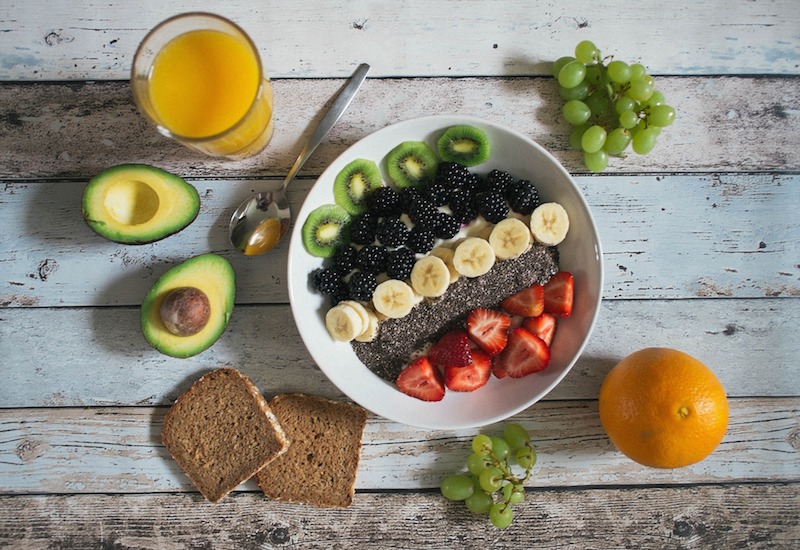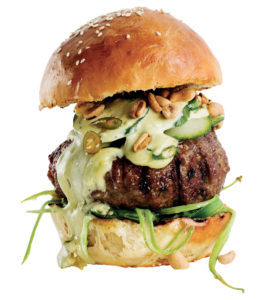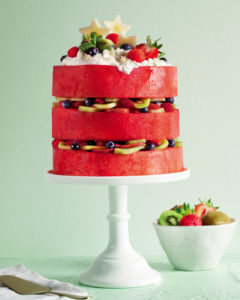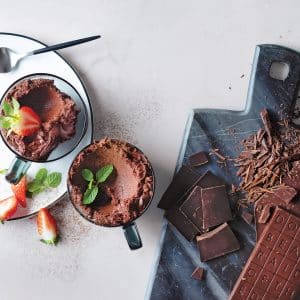By Jana du Plessis
Summer is officially here in all its balmy glory! With it comes beach days and plenty of skin-baring outfits that have many of us worried about those extra brownie(s) we scoffed down during winter. From there, the simple click of a button will open up a plethora of trendy diets and ‘foolproof’ weight-loss tricks to get your bod summer-ready in no time. Here’s why it’s not even worth your time.
Clean slate
Losing weight is based on the simple principle of the way the human metabolism operates: energy in must equal energy out. In order to shed the kilos, you need to put in less energy than you are expecting to put out. During winter, we fill our bellies with warming curries and luscious baked puddings, but come summertime, our bodies no longer need the extra comfort and warmth of a slowly-simmering stew. Fuelling yourself with lighter, nourishing fare will benefit your health, well-being and waistline.
Scrap that diet
If your first reaction to your winter weight gain is to limit your kilojoule intake and to sip on pressed juices all day long, think again. Even though you want the energy you use to exceed that which you take in, you still need to feed your body with good-for-you foods for your best chance at feeling and looking your best. If you are on a diet where certain foods are off-limits, it will only make you miserable knowing that everyone else can eat what they want, while you have a boring plate of grilled fish and steamed veg staring back at you. Do be mindful of the food you eat, the way it was prepared and your portion sizes, but don’t restrict foods such as avos, nuts, carbs and red meat – all filled with lots of nutrients – just because you found a diet online that says it’s bad for you.
Take your pick
But let’s get back to the weight-loss equation: the source of energy that goes in does matter. Eating a banana after lunch will have a less severe effect on your blood-sugar levels than having a chocolate bar; or enjoying some oven-roasted potatoes instead of a plate of greasy fries for dinner will certainly help to keep your cholesterol in check. What we are trying to say is that restricting yourself to a certain number of meals or a set amount of kilojoules per day will make it seem as though eating well and staying healthy is a mammoth task. Rather, eat when you are hungry (after all, your body is telling you that it needs energy), stop when you are full and always be sure to enjoy lots of fruit, veggies, unsaturated fats and lean proteins to sustain your body throughout the day.
Have your cake and eat it
Don’t be that obsessive person who can’t eat this or has to say ‘no’ to that. If 80% of your diet is made up of nutrient-dense foods and you engage in regular exercise, then the other 20%, made of your favourite treats and holiday munchies, won’t derail your weight-loss efforts. Plus, it will take care of your mental well-being as well!




